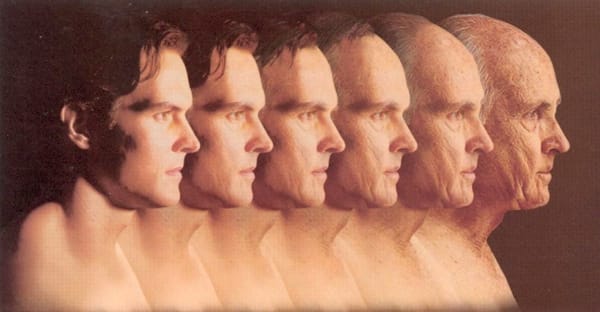Collective Safety Vs. Individual Freedom: Is the Presumption of Innocence Always Necessary?

The vast majority of democratic countries share a similar standard in the prosecution of potential criminals – the presumption of innocence, that no one shall be punished without proof beyond a reasonable doubt. For good reason – the incarceration of the innocent can ruin lives, stripping away the fundamental rights that one ought to have. But should this always apply? When is it acceptable (or alternatively, is it ever acceptable) to compromise individual rights for the sake of collective security? To this end, I will first recognize the situation in which this question applies. I will then examine the case study of El Salvador, discussing the potential arguments for and against.
I will first clarify where this situation applies. Intuitively, punishing someone for something they do not do is deeply wrong. The state should only inflict harm upon others if they did the same. The presumption of innocence provides a safeguard against the state. For this reason, it is easy for developed countries to champion and uphold this principle. Affluent nations have the luxury of comparatively lower crime rates to the rest of the world, for a plethora of reasons. For instance, education, social welfare programs, etc., often prevent most individuals from doing the worst of the worst. The incapacitation of the potentially innocent does not usually lead to tangibly greater collective security, for collective security is not particularly at stake in the first place. I therefore conclude that the legal principle is not up for debate in affluent countries. What is far more likely is for this question to be unclear in developing, poorer nations, dominated with kidnappings, robberies, homicides, etc. as a daily occurance. When crime has escalated to an uncontrollable level.
Take El Salvador, a nation riddled with one of the world's highest rates of gang activity. In March of 2022, 87 people were murdered in three days. The crime has an economic toll, too. The UN Development Programme predicts that the cost of gang violence is approximately 16% of El Salvador’s GDP.
El Salvador seems to have a solution – the rounding up and incarceration of more than 72,000 young men, rarely with a fair trial. Members of the police force hold the power to arrest anyone – typically young men aged 14-29, without good reason. The “evidence”? Usually, a gang tattoo or an anonymous tip-off. The Salvadoran government claims that trials are being held, though the sheer number of people that El Salvador must prosecute renders it evident that these trials are neither free, fair, nor transparent.
Undoubtedly, it is working. Homicide rates decreased more than 90%, from 106 per 100,000 individuals in 2015 to 7.8 in 2022. Citizens are ecstatic. President Nayib Bukele maintains an approval rating well over 80%, sometimes 90%, one of the highest in the world.
From a pure utilitarian perspective, Mr. Bukele’s actions are saintly. Salvadoran neighbourhoods were terrorized by gangs before the mass incarceration. The justification for violating such a fundamental pillar of justice lies in the weighing of rights. As all lives matter, the continuation of gang violence would violate far more rights than the risk of violating the rights of a few to achieve larger benefits. If the sacrifice of a few can prevent the sacrifice of many, it is the morally correct thing to do. It is also argued that Mr. Bukele’s policy largely imprisons the right people, or the crime reduction would not exist.
Not everyone agrees. One could object – such as the many horrified human-rights groups – that the fundamental violation of the rights of individuals is never justified. It is safe to assume that Mr. Bukele’s policy, and any policy that dismantles the presumption of innocence, will manage to falsely convict the innocent. This ruins lives. According to Human Rights Watch, major organizations have “documented serious abuses by security forces…including arbitrary arrests, enforced disappearances, torture and other forms of ill-treatment.” Many agree that violent offenders should suffer, but are uncomfortable with the fact that perfectly innocent citizens are going through the same treatment.
Critics are also concerned about the potential “snowball effect” that could come with the policy. This may be the start of increasing control of the state over its citizens. Every step to quell the liberties of individuals makes it easier to amass greater power. Mr. Bulkele’s high approval ratings would only add fuel to the fire. Will El Salvador turn authoritarian? Only time will tell.
Extreme situations warrant extreme solutions. But to give more powers to the state is risky. Whatever it is, this line should be drawn very carefully.




